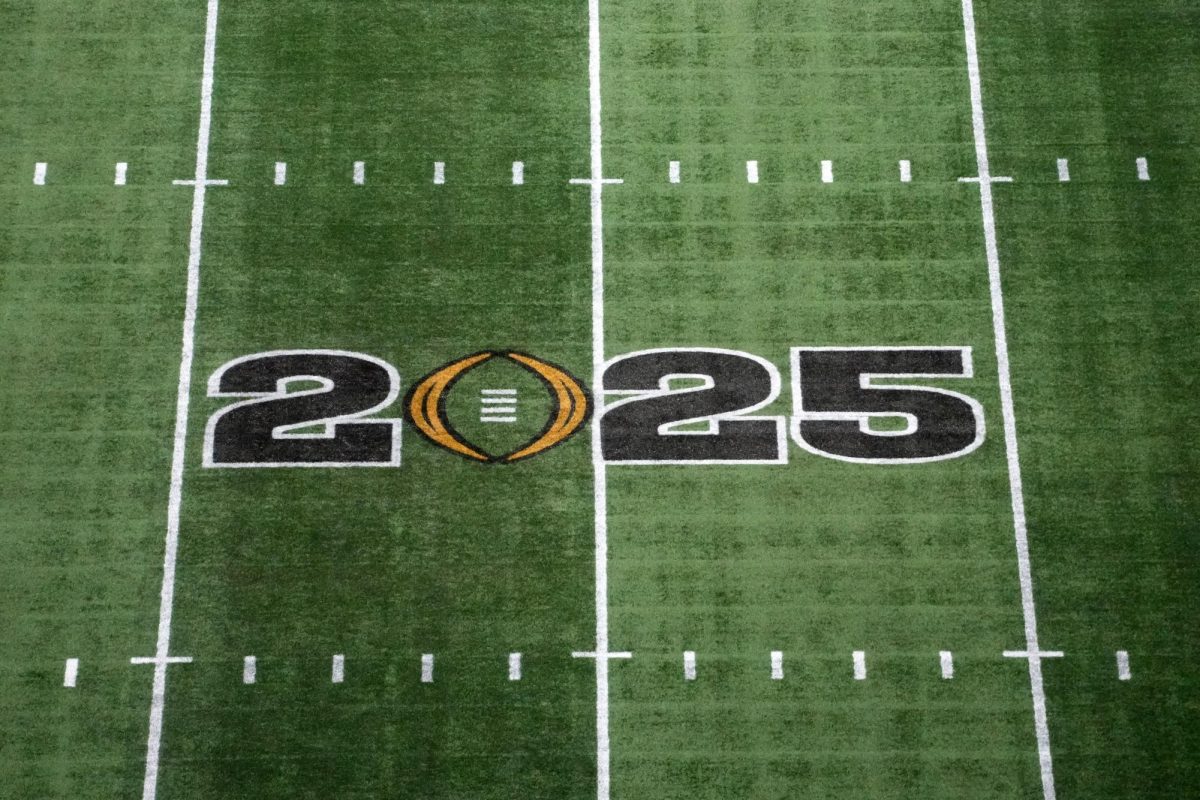Defeat— the scariest word in an athlete’s dictionary. Defeat means humiliation and embarrassment. Defeat sucks athletes up in a cycle of insecurity and refuses to spit them up. Defeat is the dystopia to winning’s utopia. Needless to say, athletes do not like to lose.
However, losing is a part of playing sports and thus athletes have to learn to deal with their personal failures. Each athlete has his or her own defense mechanism against the grief that accompanies loss: some get frustrated and some isolate themselves, while others laugh it off.
Senior pole vaulter and varsity basketball player Ben French erases his feelings of loss by immediately working to correct mistakes.
“After a bad game, it’s difficult to sleep,” French said. “What I want is to find a ball and a basket and work on fixing whatever I did wrong.”
Spectators might ask why athletes take defeat so difficultly. They might wonder why losing is a personal failure to most athletes. The correlation between the work ethic of the athlete and how his or her acceptance of failure can answer these questions.
Senior varsity basketball player Kobe Eichelberger sees this correlation as an extension of the competitive spirit an athlete has.
“I am super competitive. I take everything on like it is a competition,” Eichelberger said. “Losing really does make me want ‘it’ more. I will spend extra time in the gym after a loss. Losing is bad, but it does help me to be a better basketball player.”
Senior swimmer Ally Coyne shares Eichelberger’s sentiment.
“If you’re not that competitive, then you don’t put as much pressure on yourself to win,” Coyne said. “If you set high goals, you expect yourself to achieve them; if you don’t, it’s even worse because you were working towards a goal.”
Although all athletes know losing is a part of sports, the sting of a loss still is felt by every athlete. The more competitive an athlete is, the more he or she will care and the more the loss will hurt. This being said, athletes learn from an early age how to manipulate the pain of a loss into something positive.
Junior and varsity soccer player Claire Callan realizes how important it is for a loss to be made positive.
“Right after a bad game I feel pretty down, but I pick myself up for the next game,” Callan said. “Learning from mistakes and bad performances is crucial in order for a team and/or an individual to improve.”
Eichelberger agrees, “Sometimes teams just have bad games, but these games do make a team better.”
Contrary to popular belief, competitors are not born, they are taught. Society, parents, coaches or whatever means the athlete has of learning about competing shape the way people who play sports play their sport. Coaches are the most influential in this category, French believes.
“My parents never played basketball and still don’t really know what’s going on when they watch my games, so they never really pushed me to become good at the sport,” French said. “ It was my coaches who pushed me to work hard and become a better player.”
Losing cannot be avoided in sports. This fact is understood early on in an athlete’s career. The defense mechanisms an athlete uses to block out the pain of defeat differs from person to person, however there is one common theme among athletes when it pertains to loss: resillience. Callan does her best to fight the inevitable and stay resilient in the face of defeat.
“I have come to terms with the fact that in certain situations, there are some things that are beyond my control, something that correlates with the non-sports related world,” Callan said. “I have realized that giving my best is the only thing I can do.”












